When Imaging Specs Become the Arms Race for Top Flagships: Can the "Ultra" Truly Balance Super Configurations and Super Imaging?

As imaging hardware stacking evolves into a fierce competition among flagship smartphones, we’ve noticed that even "Ultra" models are beginning to show compromises where their "long boards" (strengths) overshadow their "short boards" (weaknesses). Some configurations in these Ultra devices even lag behind their smaller-sized flagship siblings, leading to a partial loss of the dominant daily user experience that should define an "Ultra."

This phenomenon isn’t hard to understand. With hardware pushing toward extremes, the limited internal space of smartphones makes it difficult to cram in every top-tier spec. For Ultra flagships prioritizing imaging performance, slightly sacrificing less critical parameters seems justifiable. But can imaging-focused flagships truly balance both "Ultra" configurations and "Ultra" imaging capabilities?

Let’s examine the newly released OPPO Find X8 Ultra.

A Sleeker, Thinner Design
Visually, the OPPO Find X8 Ultra follows the design language of its siblings, adopting a flat screen and flat-edge frame—a bold choice for an imaging flagship. A "flat" design inherently amplifies perceptions of thickness and weight, making it a "nightmare" for Ultra devices that demand extensive hardware stacking.
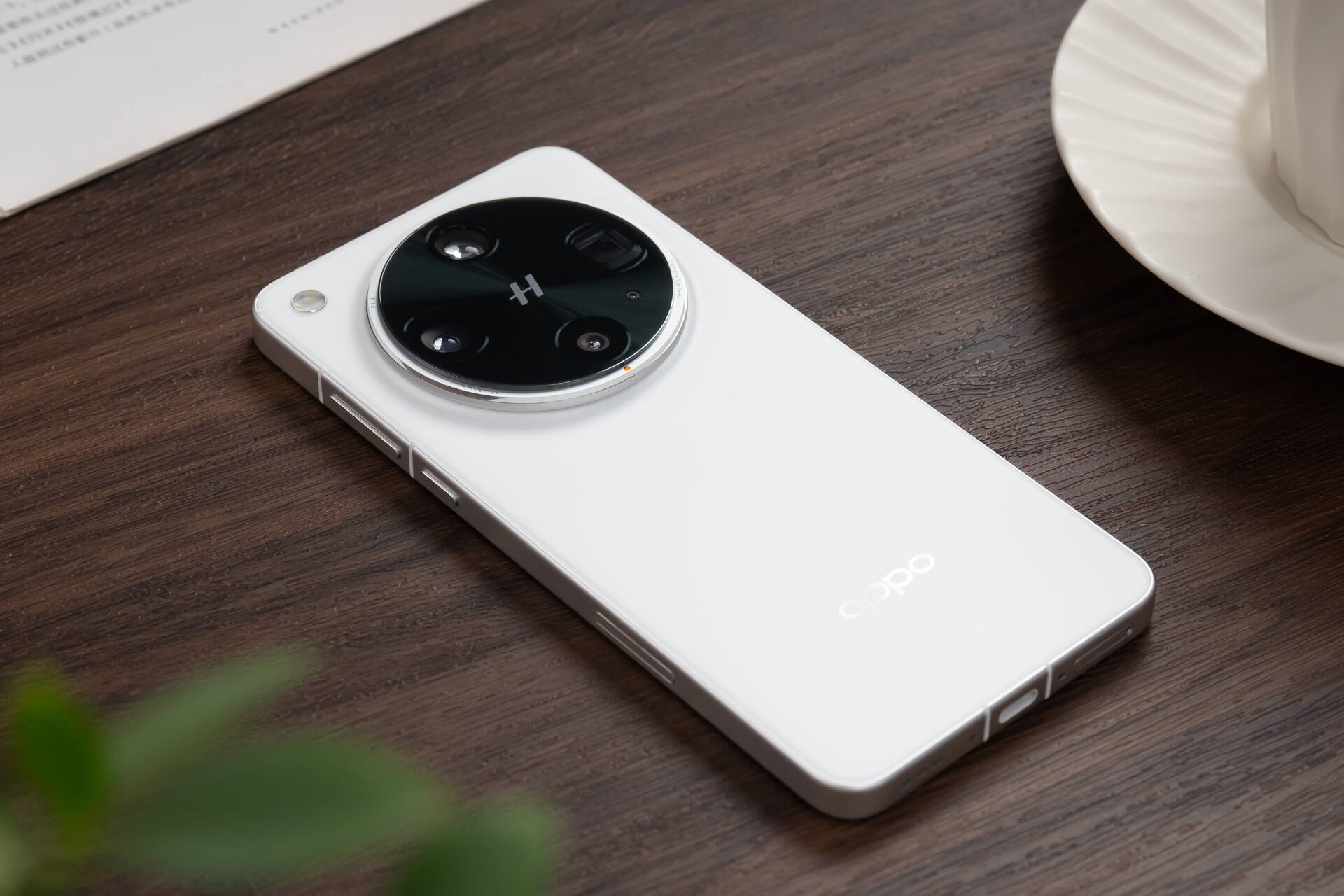
So, how does the Find X8 Ultra fare? Its thickness is just 8.78mm (measured at 8.8mm), paired with a manageable weight of 226g (228.3g with screen protector). While not exactly lightweight, these figures are impressive for an imaging flagship.
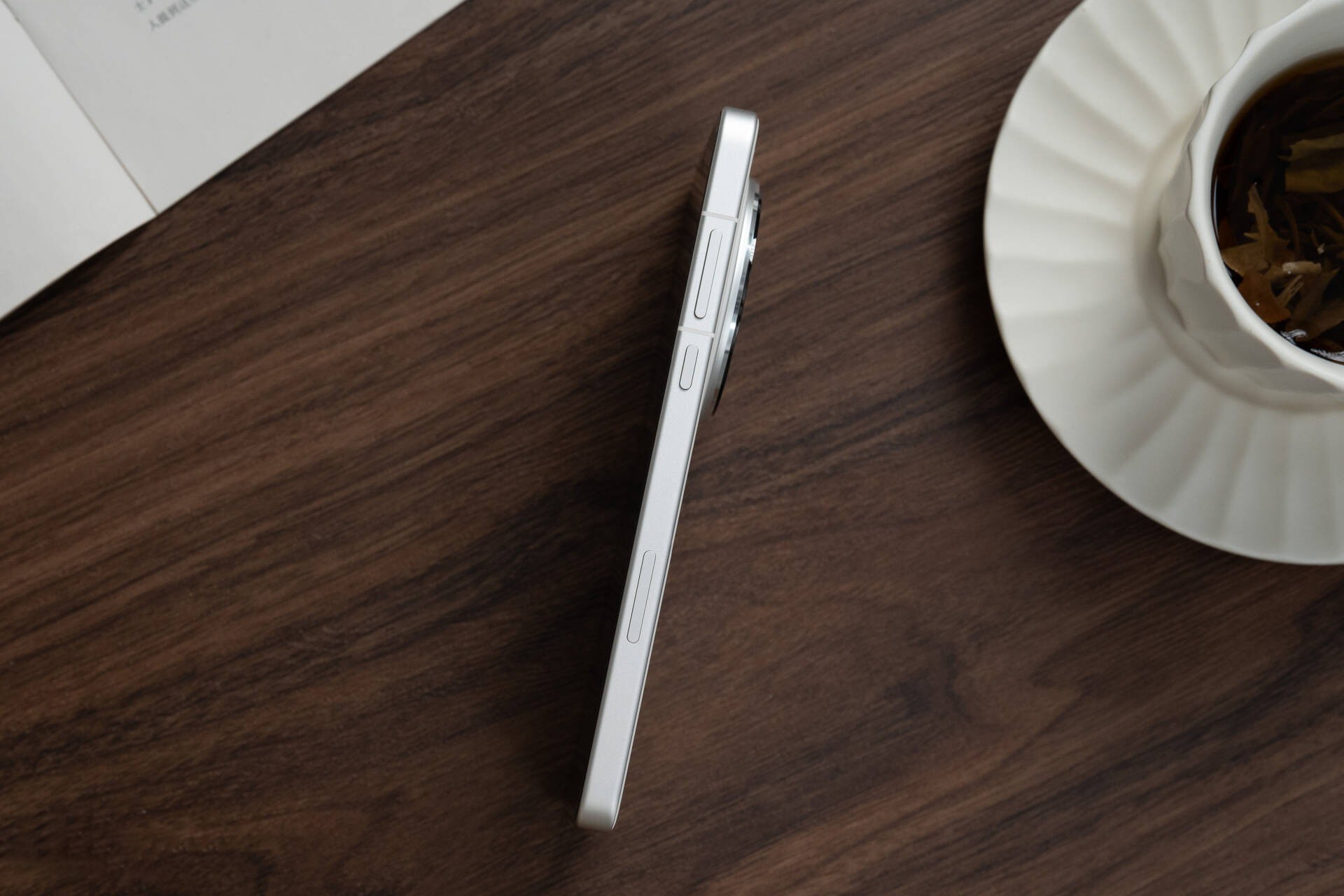
OPPO smartly softened the edges of the rear cover and frame, ensuring a sharp yet comfortable grip. The minimalist design abandons the split-texture style of the Find X7 Ultra, opting for a pure-color rear panel and a simplified camera module. However, the module retains intricate details: layered transitions from the rear cover to the lens cover, and the signature orange accent adds a touch of flair. The result is a device that exudes premium craftsmanship.
The buttons have also been reworked. The three-stage alert slider is now a customizable button, and the dedicated camera shutter seamlessly integrates into the flat frame. While the shutter’s placement isn’t ideal, it’s quickly adaptable. Could future iterations refine this further?

True Ultra-Grade Imaging
Despite a slightly reduced camera bump, the Find X8 Ultra’s imaging hardware sees significant upgrades. The primary wide-angle lens retains a 1-inch LYT900 sensor, while two telephoto lenses cover 70mm (for portraits, close-ups, and macro) and 135mm (for distant subjects). The ultra-wide-angle lens, however, takes a minor step back with a 15mm equivalent focal length and slightly reduced specs.
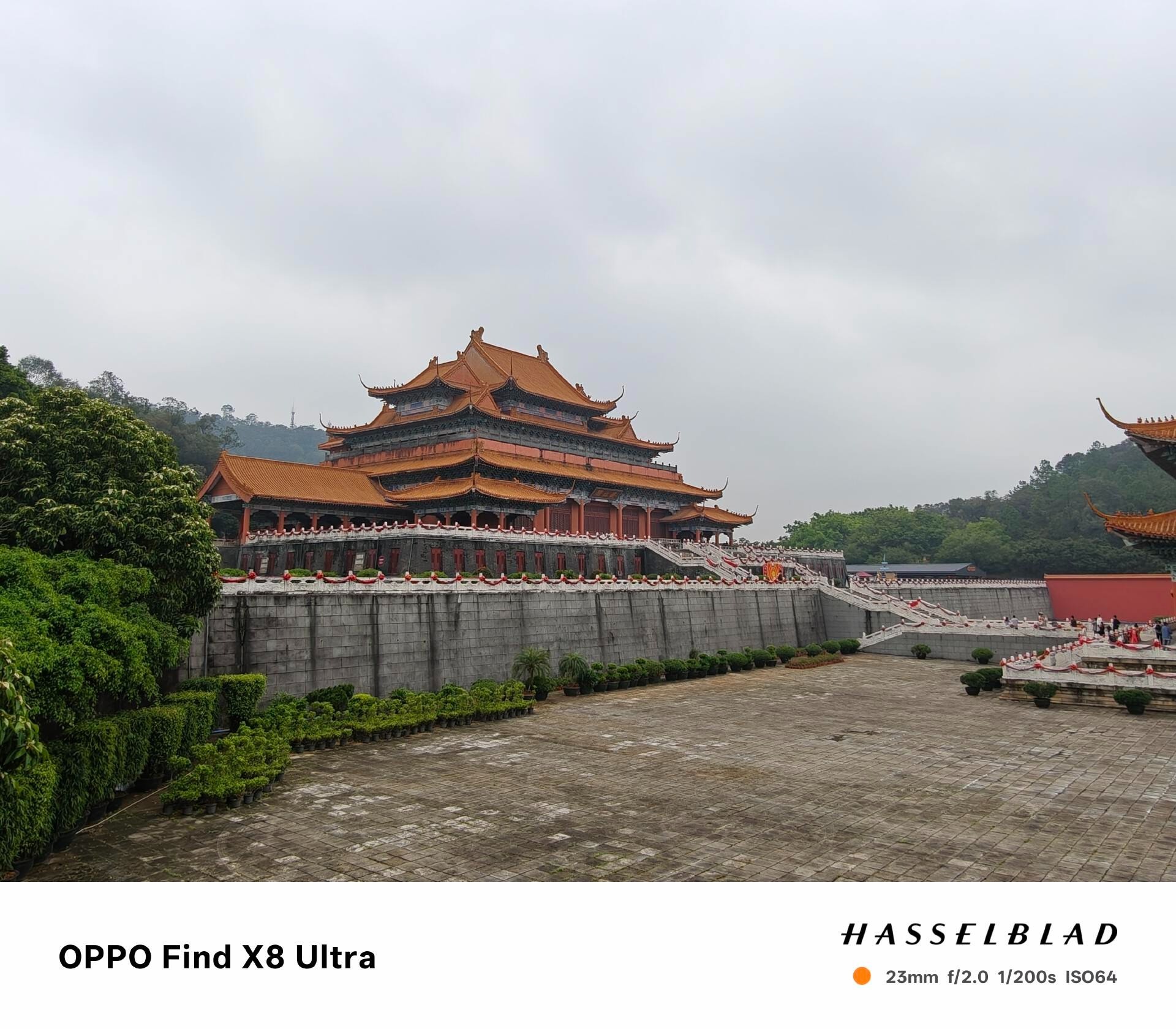

A standout feature is the new "Danxia True Color Lens," which harmonizes color consistency across sensors and lenses for natural, accurate hues.
Real-World Performance


Primary Camera: The large sensor delivers exceptional detail, especially in low light. The True Color Lens enhances vibrancy, faithfully replicating scenes as the eye sees them. Night shots excel with precise white balance and exposure.
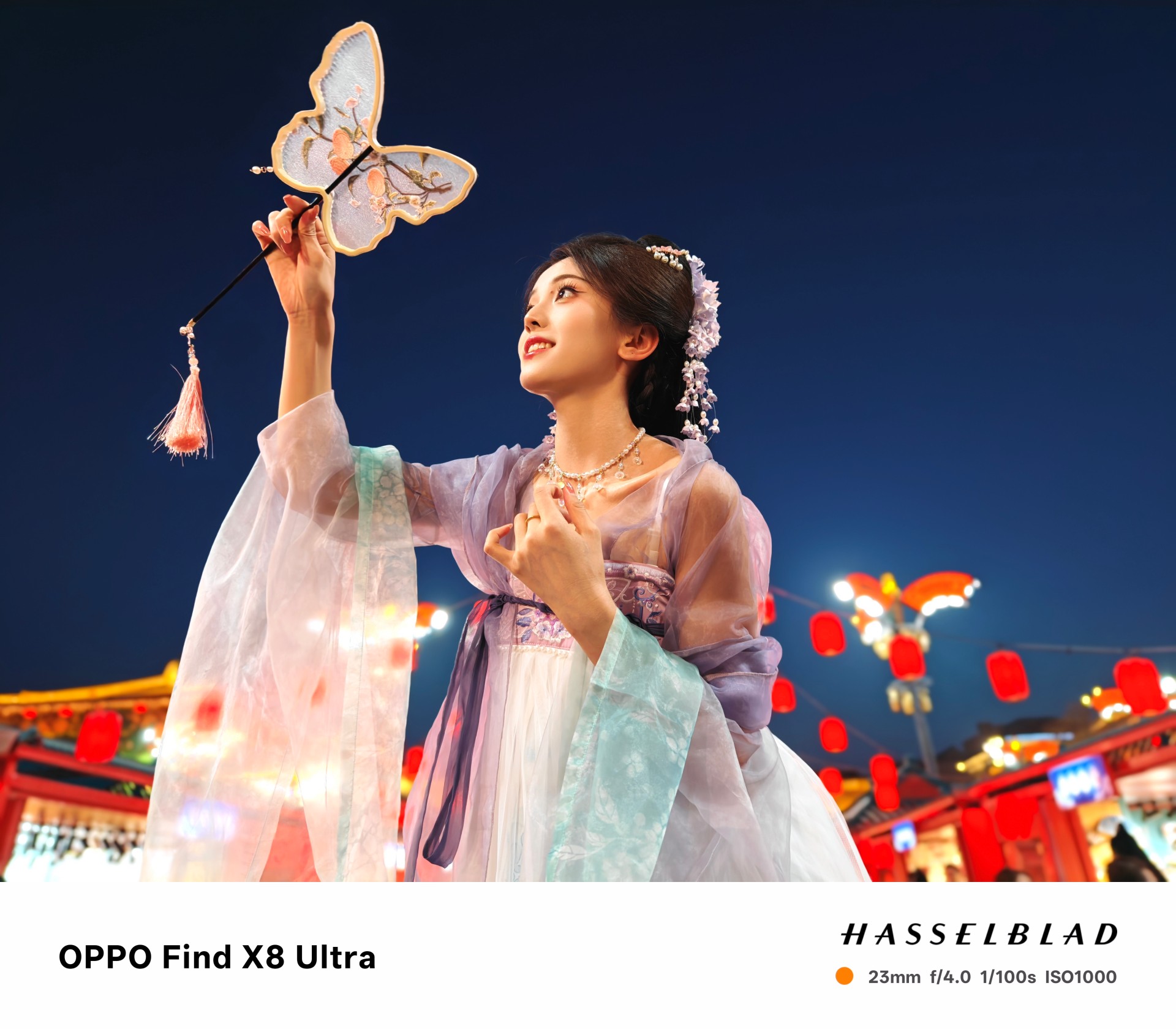

Portraits: Whether at the native 23mm or cropped to 47mm, the bokeh effect (via computational photography) and skin tone reproduction impress.


Telephoto Lenses:
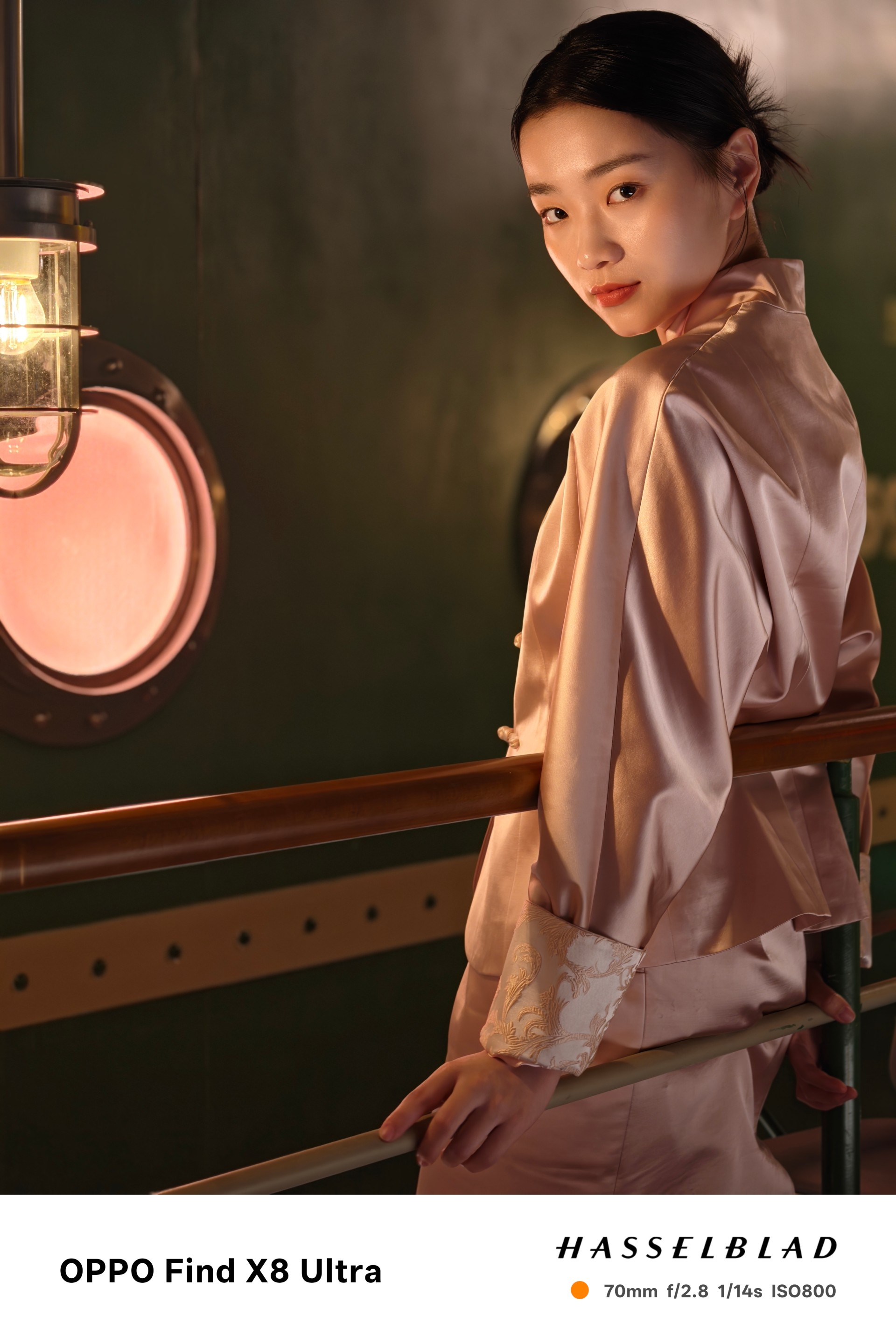
70mm Lens: Excellent daytime detail and low-light performance (thanks to an f/2.1 aperture and 1/1.56" sensor). It also doubles as a macro lens, though the shallow depth of field demands careful focusing.


135mm Lens: A 1/1.95" sensor ensures sharp shots even in dim conditions. The "Quick Zoom to 300mm" feature (digital crop) remains usable, and the lens’s compression effect adds creative flexibility for portraits.


Ultra-Wide: While specs suggest a downgrade, real-world performance—especially in color accuracy—defies expectations. The 15mm focal length unlocks creative framing.

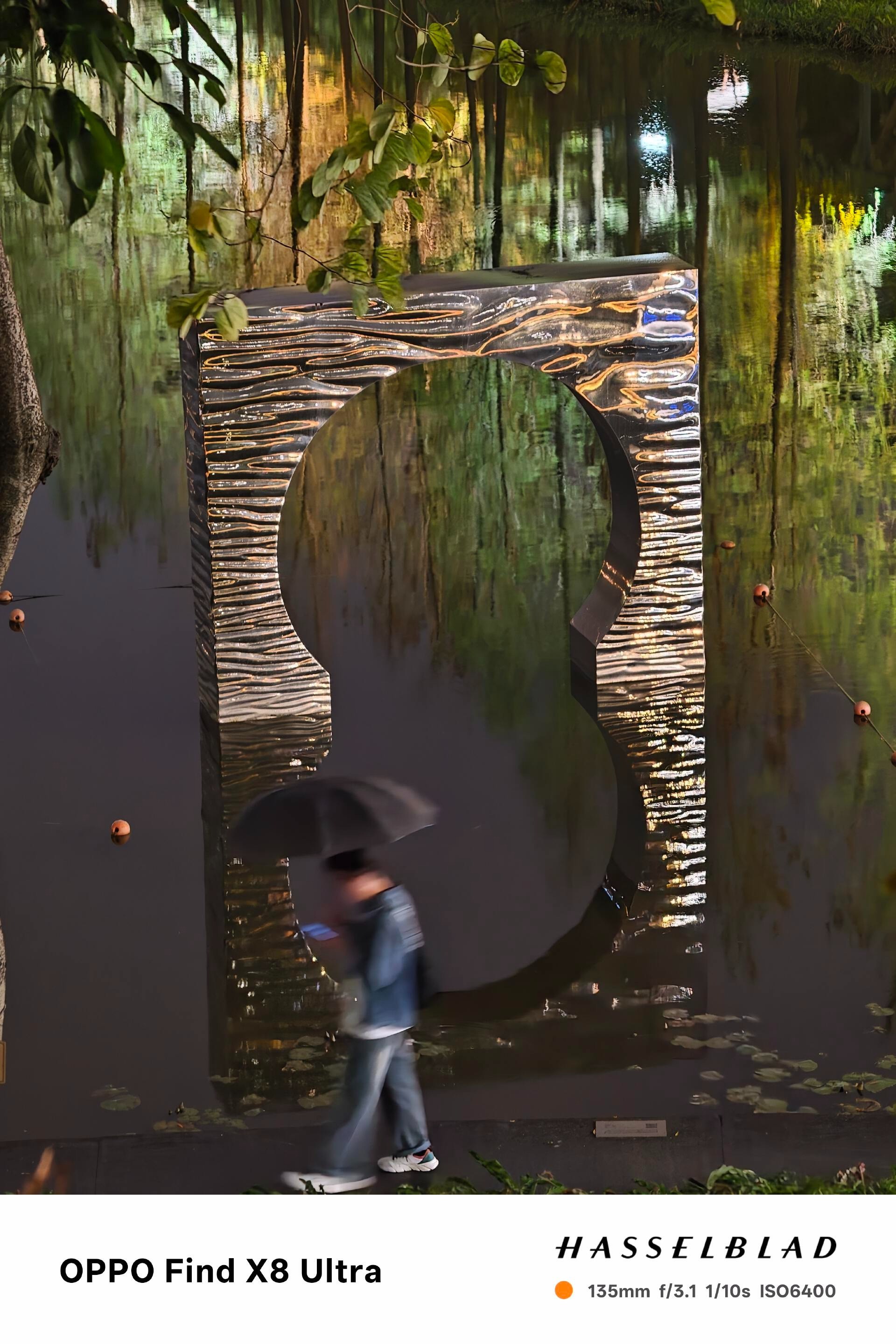


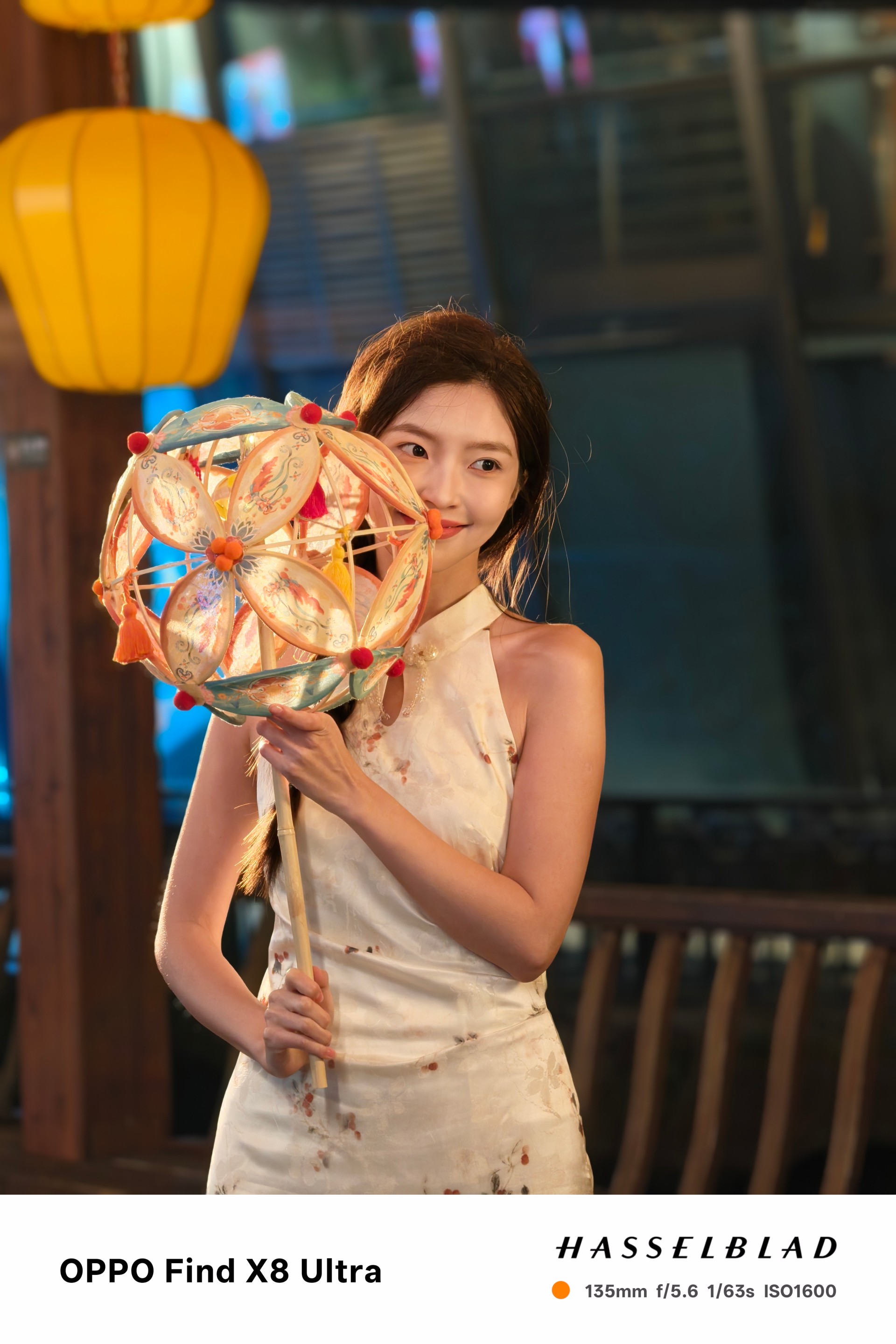
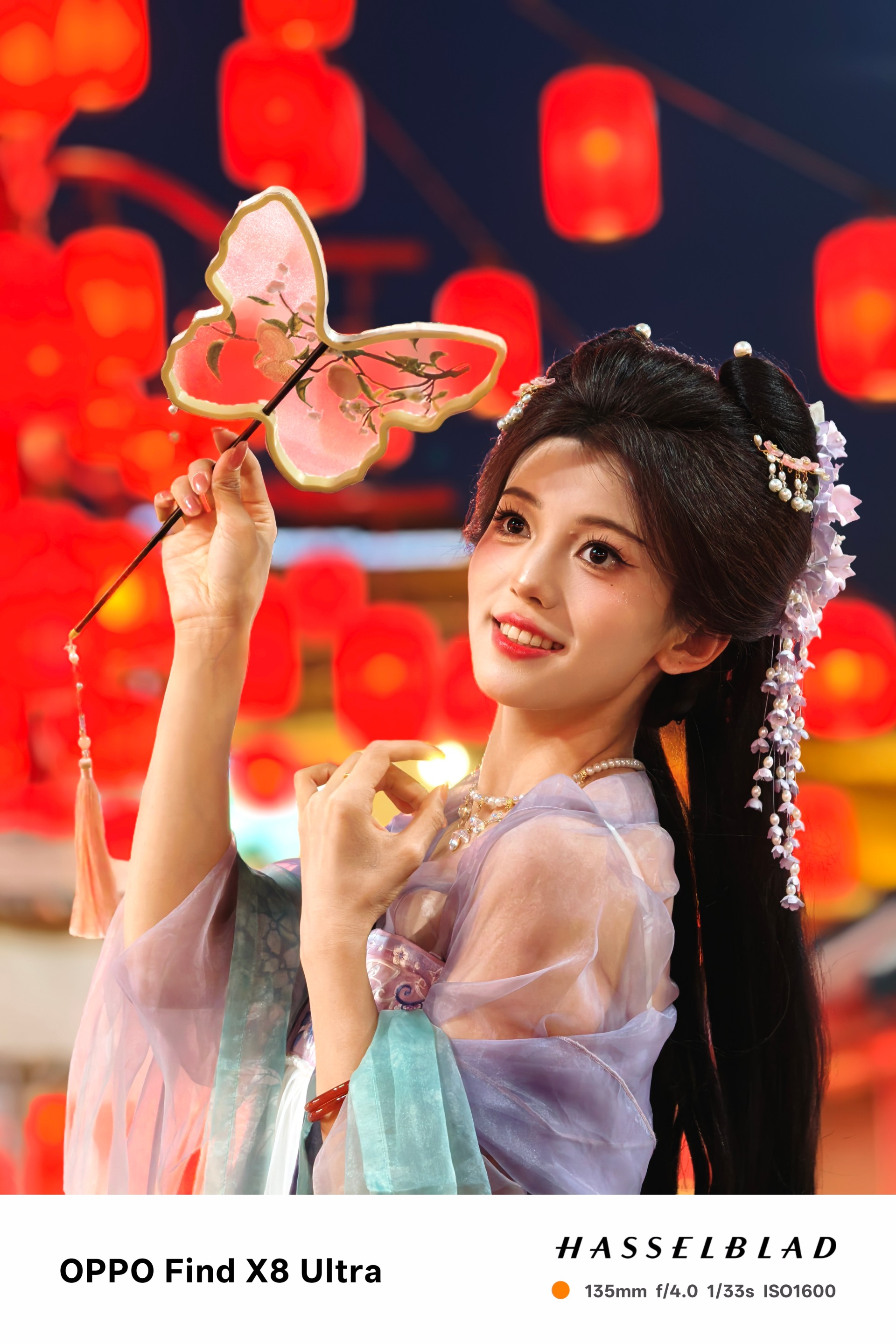

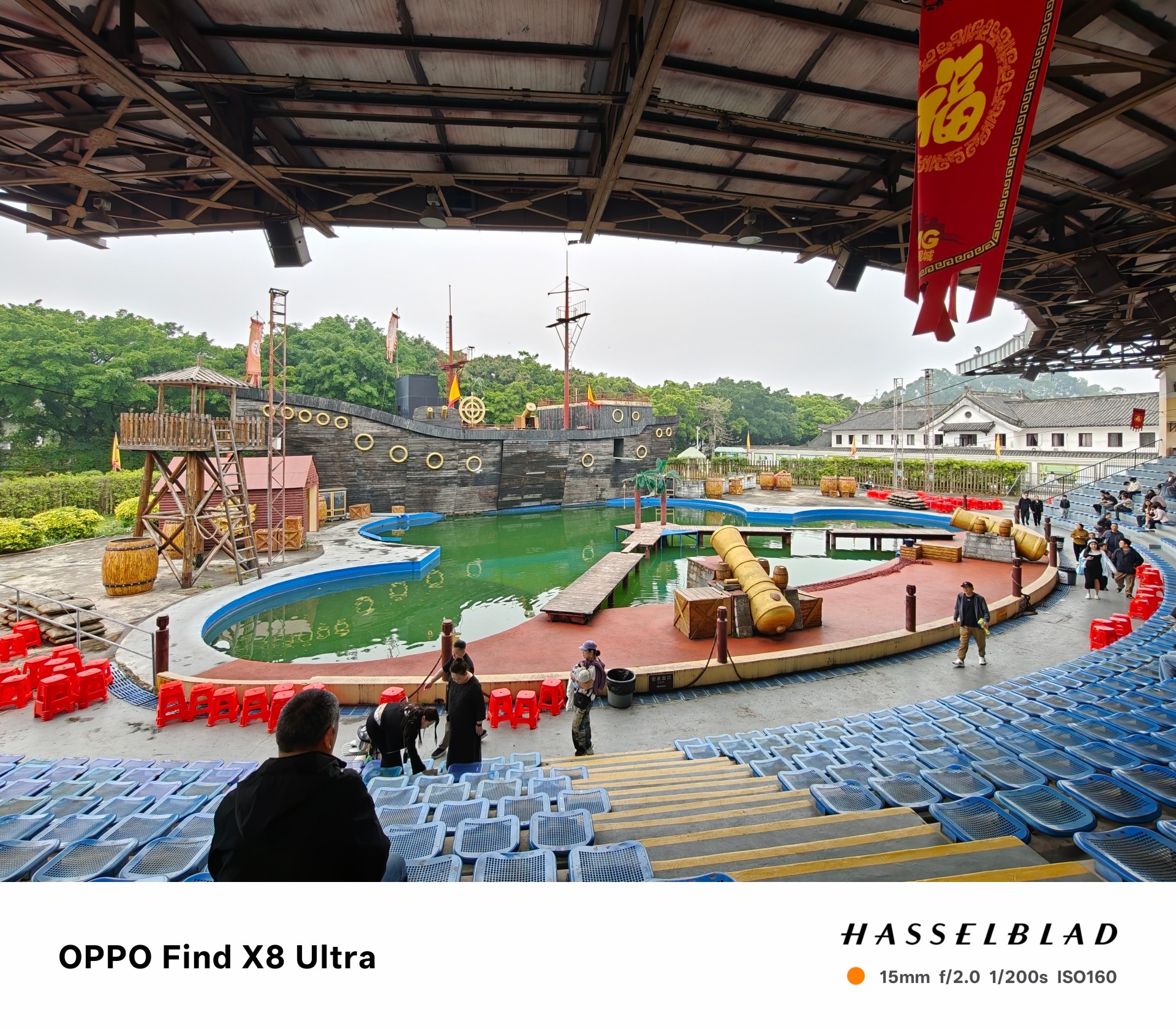

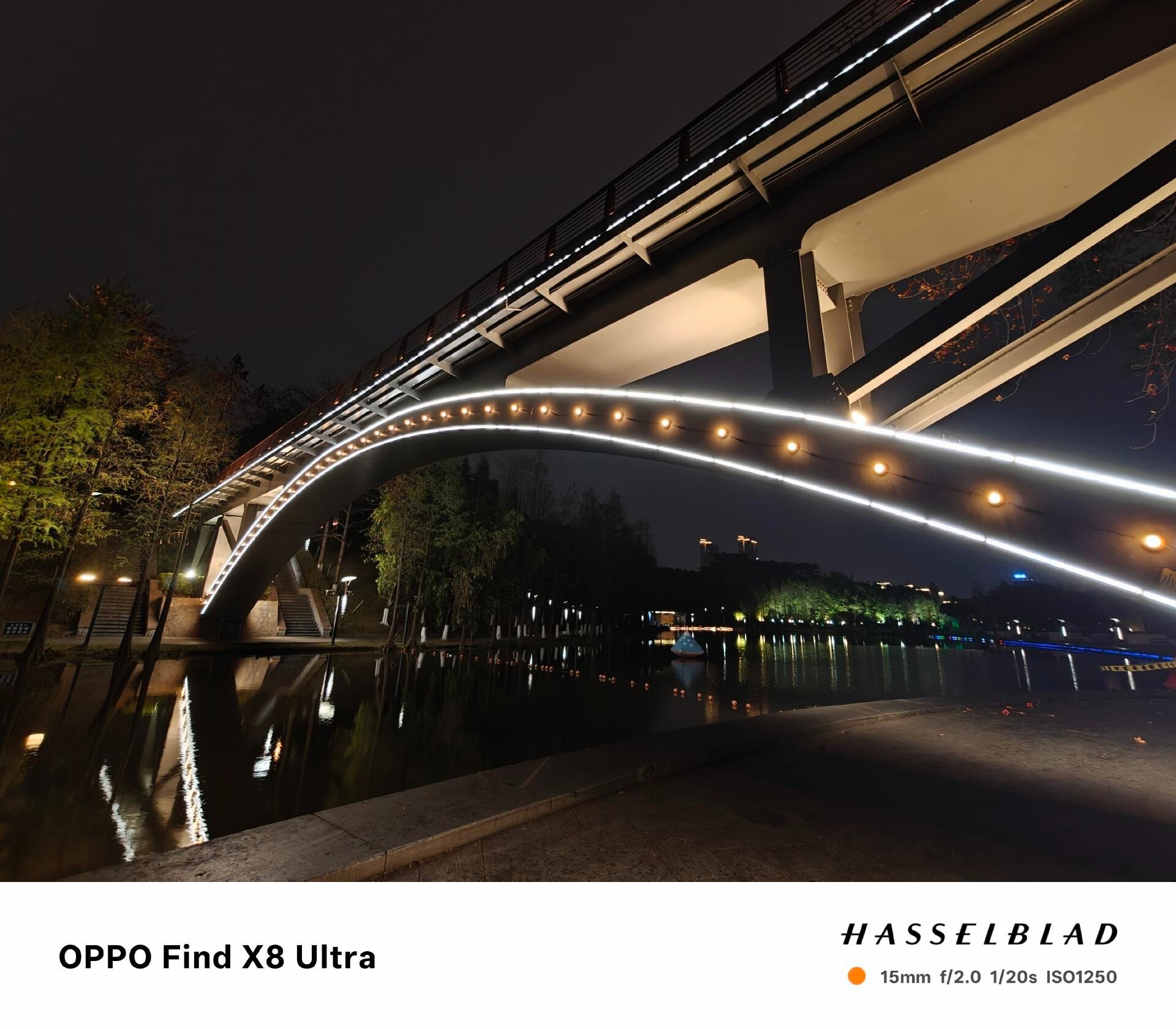
Outstanding Battery Life
The Find X8 Ultra packs a 6100mAh dual-cell Glacier Battery, paired with the power-efficient Snapdragon 8 Gen 3 Supreme Edition and OPPO’s in-house Tidal Engine. In testing:


1 hour of heavy gaming drained just 20%.
Daily use (social media, video streaming) showed minimal drain despite the 1440p display.

Charging is equally robust: 100W wired and 50W wireless SuperVOOC ensure rapid top-ups.
All-Round Ultra Configurations
-
Performance: The Snapdragon 8 Gen 3 Supreme Edition delivers sustained peak performance. In Honkai: Star Rail (v3.1), it maintained a smooth 60fps.
-
Display: A flat 1440p panel with 1.4mm bezels offers premium visuals.
-
Extras: In-house "Shanhai" communication chip, satellite connectivity, a large haptic motor, and ultrasonic fingerprint scanner round out the package.
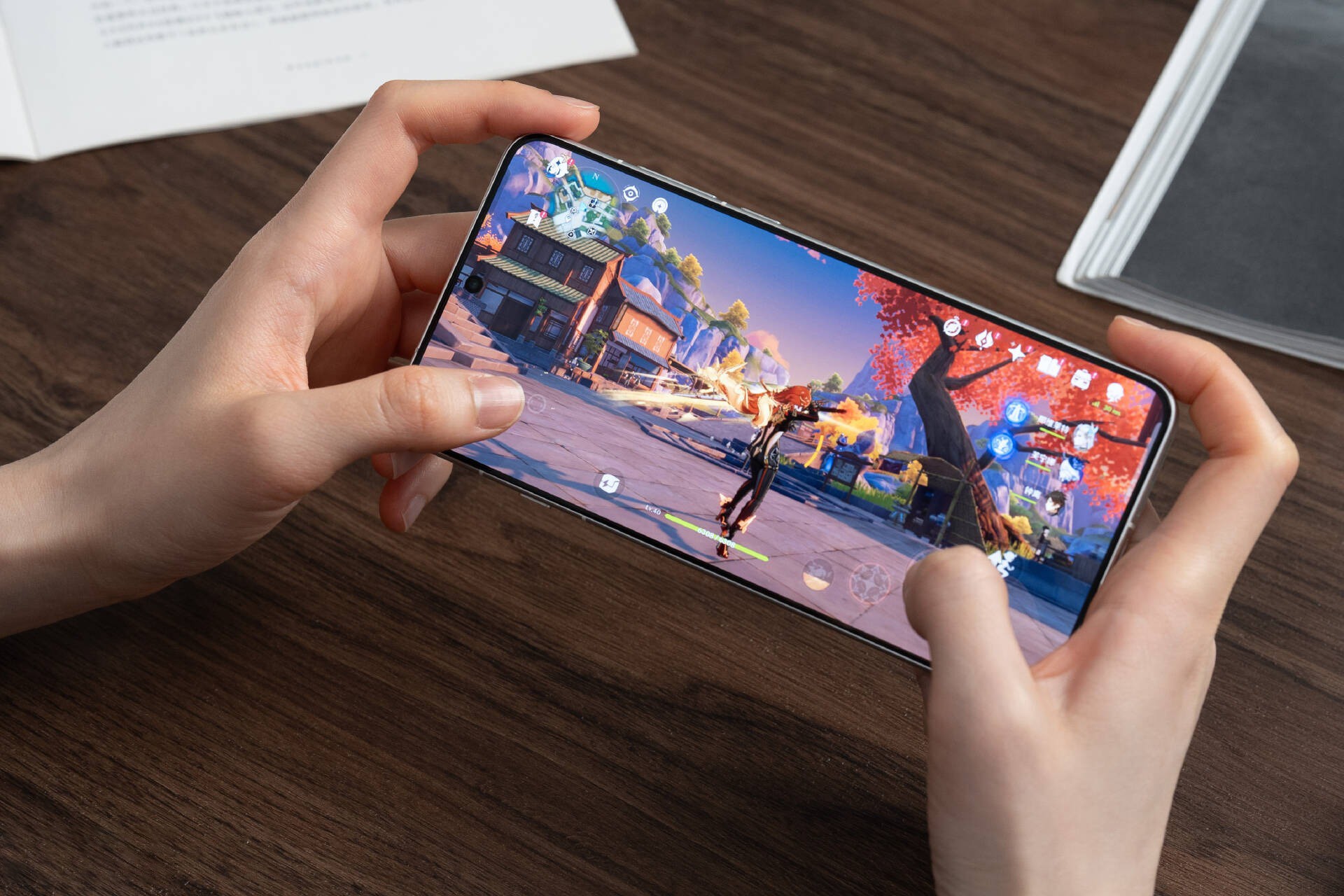
Conclusion: Breaking the "Antinomy" of Flagships
In philosophy, "antinomy" refers to contradictory yet valid principles. For flagships, the conflict lies between "Ultra specs" and "Ultra imaging." The Find X8 Ultra challenges this paradox.

It marries groundbreaking imaging (dual periscope telephotos, True Color Lens) with no-compromise specs (performance, battery, display). Even if you never use the camera, its daily usability screams "Ultra."
For now, the Find X8 Ultra claims pole position in the Ultra race. Whether it stays ahead remains to be seen—but OPPO has set a formidable benchmark.








